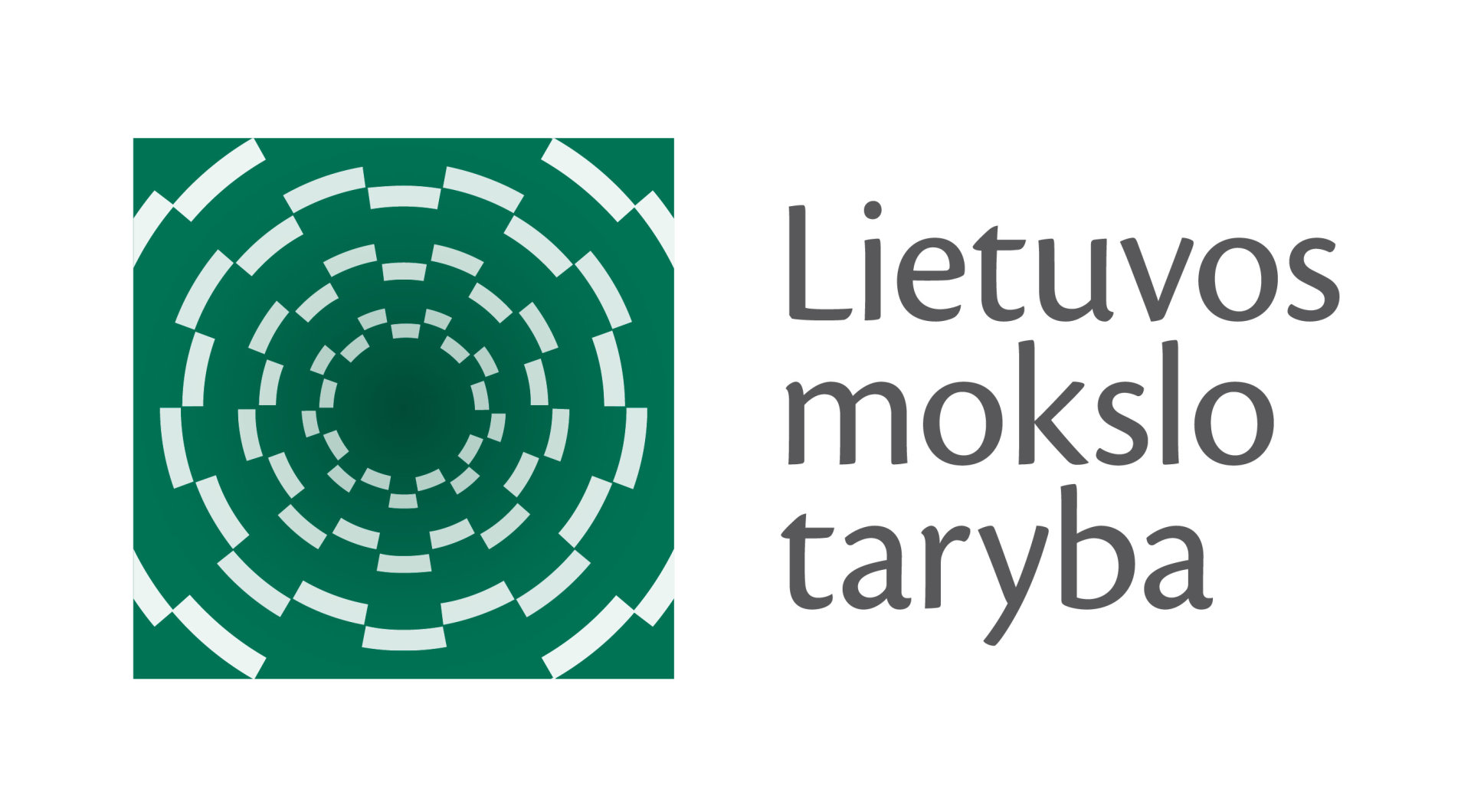Translation and Censorship under Soviet ideology (2021-2024)
 This research, funded by Lithuanian Research Council, aims to systematically investigate the relationship between translation and censorship in Soviet Lithuania (1940–1990 m.). The relationship is complex and multifaceted: it encompasses the criteria according to which authors and their works were selected for or excluded from translation (preventive and repressive censorship), specific instances of political, religious and moral censorship, and the role of the translator as a censor (self-censorship). In view of the above, the project will analyse the ideological aspects of translation, in particular, the state of the art in censorship research in the world and the context of literary translation practice in Soviet Lithuania; compile the annotated bibliographical index of all translations done during the fifty years of the Soviet rule: the analysis of this data will help reveal the extent of preventive censorship; interview translators and editors of the Vaga publishing house involved in translation in Soviet times to establish cases of repressive and self-censorship; analyse selected translated works for evidence of political, religious or moral censorship and present the findings about the works that had been thus distorted to the public.
This research, funded by Lithuanian Research Council, aims to systematically investigate the relationship between translation and censorship in Soviet Lithuania (1940–1990 m.). The relationship is complex and multifaceted: it encompasses the criteria according to which authors and their works were selected for or excluded from translation (preventive and repressive censorship), specific instances of political, religious and moral censorship, and the role of the translator as a censor (self-censorship). In view of the above, the project will analyse the ideological aspects of translation, in particular, the state of the art in censorship research in the world and the context of literary translation practice in Soviet Lithuania; compile the annotated bibliographical index of all translations done during the fifty years of the Soviet rule: the analysis of this data will help reveal the extent of preventive censorship; interview translators and editors of the Vaga publishing house involved in translation in Soviet times to establish cases of repressive and self-censorship; analyse selected translated works for evidence of political, religious or moral censorship and present the findings about the works that had been thus distorted to the public.
As censorship is not always spoted through textual analysis, the project will look into the context of how translated works were introduced to the readers of Soviet Lithuania, while the data collected will be assessed in a broader historical, ideological and cultural context. To explore the problem from different perspectives, the research will rely on several methodological principles: the method of memory studies, André Lefevere’s theory of translation as manipulation, textual, pragmatic, comparative, rhetorical and discourse analyses.

We are excited to introduce a new publication—a result of a four-year project contributed to by colleagues from the Department of Translation and Interpreting Studies. This comprehensive book, Translation and Censorship in the Context of Soviet Ideology: Lithuania, 1940–1990, delves into the intersection of translation and ideological control during the Soviet era. You can read the English summary here.
As stated in the introduction, this book is not only for researchers and translation specialists. The authors hope it will also interest anyone who cares about the literature and authors whose translated works reached us during Soviet times— and those that did not. It explores how selections were made, how and why certain works were presented to readers, and what additional (educational or explanatory) functions these publications served. Moreover, it reveals insights that cannot be gathered solely from books themselves — such as how censorship functions were delegated and how omissions were made within texts.
The book presents a wealth of intriguing data and statistical analysis, shedding light on the dynamics of fiction publishing over 50 years while challenging certain long-held assumptions. Readers will also find captivating, almost detective-like stories of translation, censorship, and book publishing. These accounts illustrate not only how Soviet censorship influenced the texts that reached us but also how it shaped works that remain outside our cultural sphere.
Together with the book’s editors and authors, we hope this publication will help bridge gaps in translation criticism, offer a fresh perspective on the Soviet era, and encourage those interested in translation, censorship, and ideology to reflect on these concepts—their motivations, applications, and our own relationship with them.
International Project MUST (Multilingual Student Translation Corpus) (2018-2023 m.), together with Louvain-la-Neuve, Belgija
In March 2016, Sylviane Granger and Marie-Aude Lefer launched the Multilingual Student Translation (MUST) project, a new international project which aims to collect a large multilingual student translation corpus with rich, standardized metadata that combines insights from both Learner Corpus Research (LCR) and Corpus-Based Translation Studies (CBTS). The MUST corpus will be searchable via a web-based interface, called Hypal4MUST, a tailor-made version of the Hybrid Parallel Text Aligner (Hypal) developed by Adam Obrusnik from Masaryk University (Czech Republic). A standardized translation-oriented annotation system will be designed within the framework of the project and integrated into Hypal4MUST.
Both direct (L2 > L1) and inverse (L1 > L2) translation will be included in MUST, and there will be no restrictions on text types, genres and registers—both general and specialized language translation are welcome.
Erasmus+ gebėjimų stiprinimo projekto ARQUS EUROPEAN UNIVERSITY ALLIANCE“ NR. 612247-EPP-1-2019-1-ES-EPPKA2-EUR-UNIV (2019-2024 m.), kartu su Europos Komisija, Granados universitetu (Ispanija)
Topics of MA theses ( 2002-2007 m.; 2008–2012 m.; 2013-2020 m. )
Topics of BA theses ( 2016-2020 m. )
